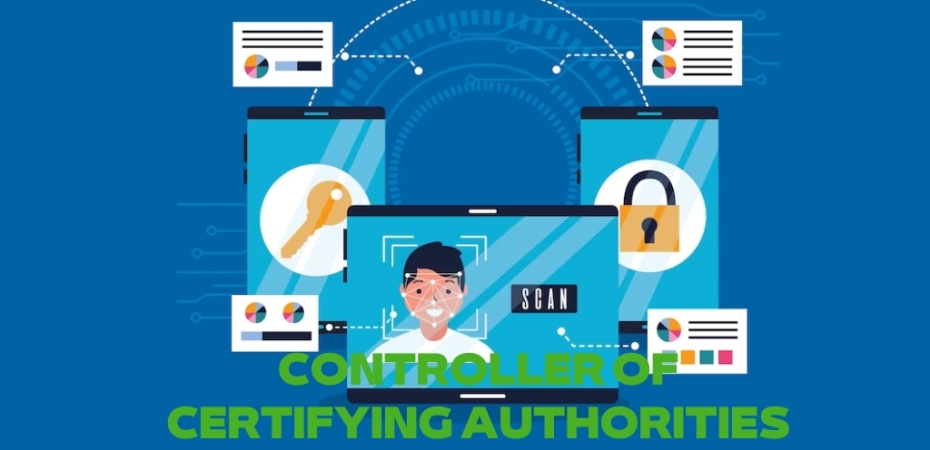In today’s digital age, the use of digital signatures has become increasingly prevalent for secure and efficient online transactions. In India, the Controller of Certifying Authorities (CCA) plays a crucial role in the management and regulation of digital signatures. In this blog, we will explore the significance of the CCA and its responsibilities in ensuring the integrity and authenticity of digital signatures in the country.
- Understanding the Controller of Certifying Authorities (CCA): The Controller of Certifying Authorities is a regulatory body established under the Information Technology Act, 2000 in India. Its primary objective is to regulate and supervise the functioning of Certifying Authorities (CAs) that issue digital signatures. The CCA operates under the Ministry of Electronics and Information Technology (MeitY) and serves as a central authority for managing digital signatures.
- Granting Licenses to Certifying Authorities: One of the crucial responsibilities of the CCA is to grant licenses to Certifying Authorities in India. These licenses authorize CAs to issue digital signatures and ensure that they adhere to the guidelines and standards prescribed by the CCA. By granting licenses, the CCA maintains a controlled ecosystem for digital signatures, ensuring their authenticity and reliability.
- Setting Standards and Guidelines: The CCA plays a pivotal role in formulating and establishing standards and guidelines for digital signatures in India. These standards encompass various aspects, including technical specifications, security protocols, and best practices for issuing and verifying digital signatures. By setting these standards, the CCA ensures interoperability, reliability, and uniformity in the use of digital signatures across different platforms and applications.
- Maintaining the National Repository of Digital Certificates: The CCA is responsible for maintaining the National Repository of Digital Certificates (NRDC). The NRDC acts as a centralized repository that securely stores and manages digital certificates issued by Certifying Authorities in India. This repository enables easy retrieval and verification of digital certificates, ensuring the integrity and authenticity of digital signatures.
- Auditing and Monitoring Certifying Authorities: To ensure compliance and maintain the integrity of the digital signature ecosystem, the CCA conducts regular audits and monitoring of Certifying Authorities. This process includes evaluating the technical infrastructure, security practices, and compliance with the established standards. By monitoring CAs, the CCA ensures that they continue to meet the prescribed requirements and deliver trustworthy digital signatures.
- Resolving Disputes and Complaints: In cases of disputes or complaints related to digital signatures, the CCA acts as an adjudicating authority. It possesses the power to investigate complaints, issue directions, and impose penalties if necessary. This authority ensures that any discrepancies or fraudulent activities related to digital signatures are addressed promptly and effectively, maintaining the credibility of the digital signature framework.
- Collaboration and International Recognition: The CCA actively collaborates with international organizations and regulatory bodies to establish mutual recognition and interoperability of digital signatures. Such collaborations facilitate cross-border transactions and enhance the trustworthiness of digital signatures in the global context. The CCA’s efforts in international cooperation contribute to India’s participation in the global digital economy.
- Public Awareness and Education: The CCA also undertakes initiatives to raise public awareness and educate stakeholders about the significance and benefits of digital signatures. By conducting workshops, seminars, and awareness campaigns, the CCA promotes a better understanding of digital signatures, their legal validity, and their role in fostering secure digital transactions.
Conclusion: The Controller of Certifying Authorities (CCA) in India plays a critical role in managing and regulating digital signatures. Through the grant of licenses, setting standards, maintaining the National Repository of Digital Certificates, and monitoring Certifying Authorities, the CCA ensures the authenticity, integrity, and reliability of digital signatures.
Posted by Kisna
